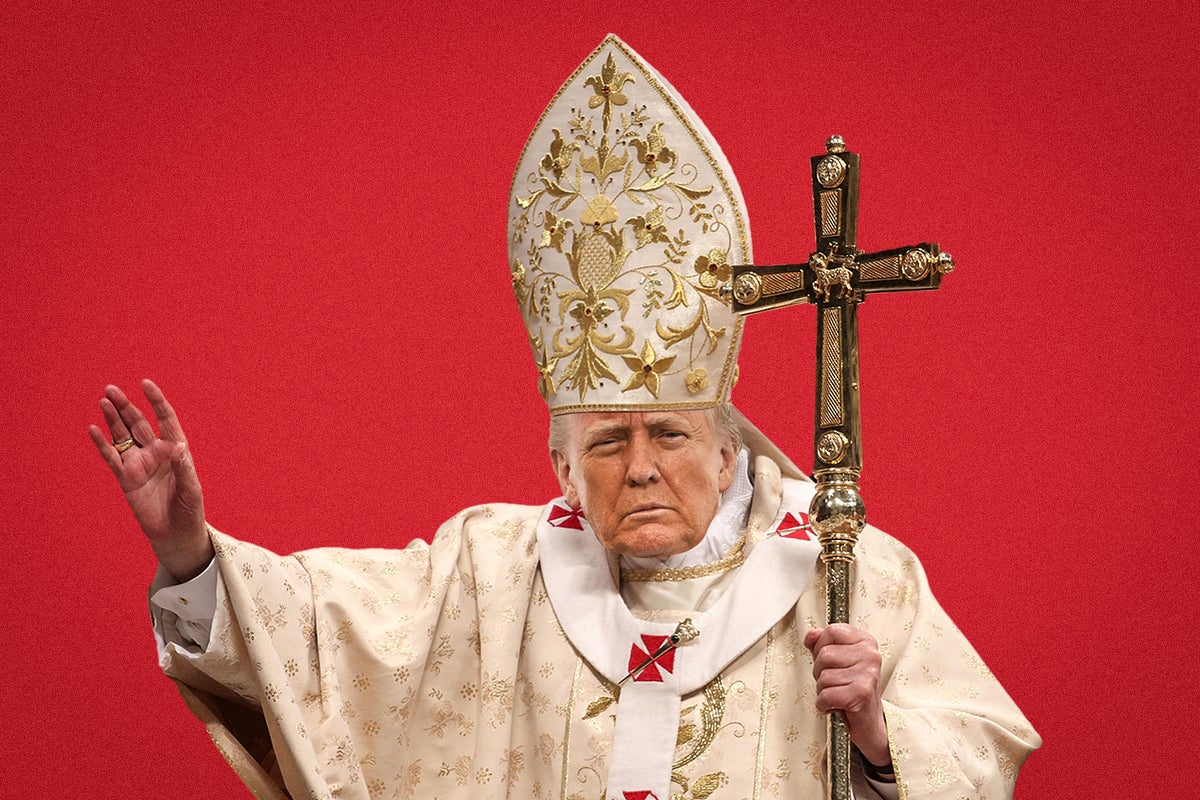The New Pope Is American. Hes One (Implausible) Choice From Proving Some Early-American Alarmists Correct.
3 minute readPublished: Friday, May 9, 2025 at 8:03 pm

American Pope: A Historical Echo and Modern Irony
The election of an American pope, Leo XIV, has sparked a fascinating historical parallel, bringing to light a long-forgotten fear from the early days of the United States. This article revisits a debate from the 1788 North Carolina ratifying convention, where delegates discussed the proposed Constitution. Delegate James Iredell humorously dismissed the concern that the Constitution's lack of religious tests for office could allow a pope to become President of the United States. Iredell argued that the requirements for the papacy and the presidency were mutually exclusive, making such a scenario highly improbable.
Fast forward to today, and the once-ridiculous fear is now technically possible. Pope Leo XIV, being a native-born American citizen, meets the constitutional requirements to run for president. This unexpected turn of events highlights the evolution of American society and the enduring relevance of the debates surrounding religious freedom and the separation of church and state.
The article then pivots to a modern-day commentary, drawing a stark contrast between Iredell's era and the present. It points out the irony of President Donald Trump's reaction to the news, who has expressed a desire to meet the Pope. The author suggests that Trump's comments are a form of trolling, mocking the very idea of absolute power, a concept that 18th-century Protestants associated with the papacy. The article concludes by emphasizing the importance of embracing the possibility of error as a cornerstone of freedom, a principle Iredell understood and championed. It underscores the idea that while mistakes are inevitable in a democracy, freedom provides the only means to correct them.
Keywords: American Pope, Pope Leo XIV, Donald Trump, James Iredell, US Constitution, Religious Freedom, Separation of Church and State, Presidential Eligibility, Papacy, 18th Century, North Carolina Ratifying Convention, Despotism, Democracy, Electoral Errors, Freedom